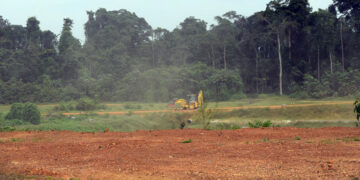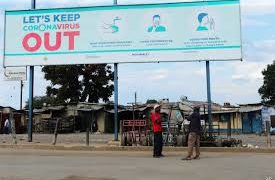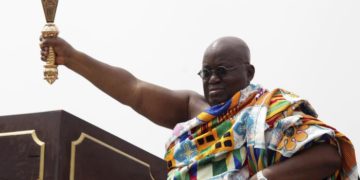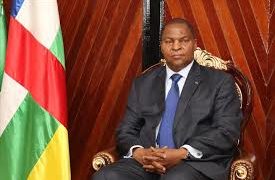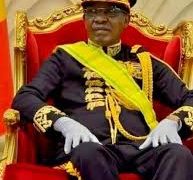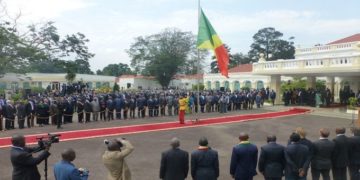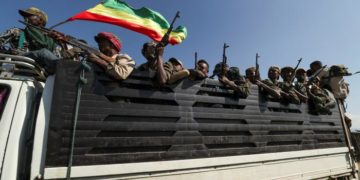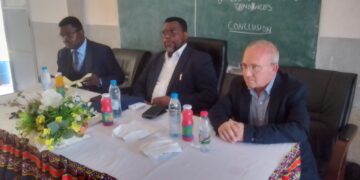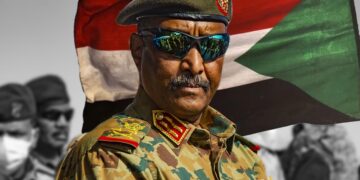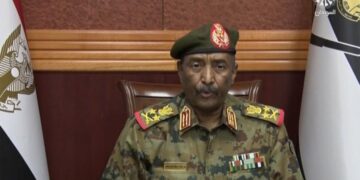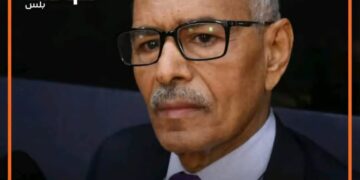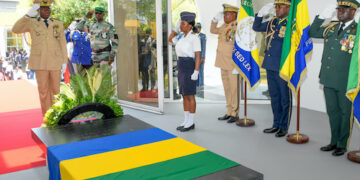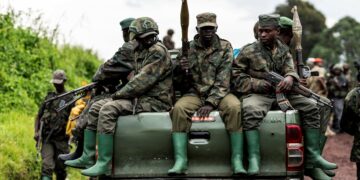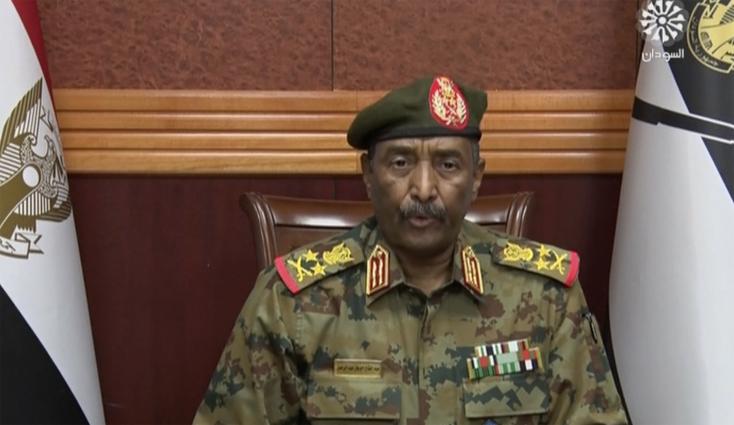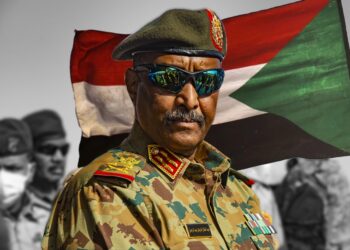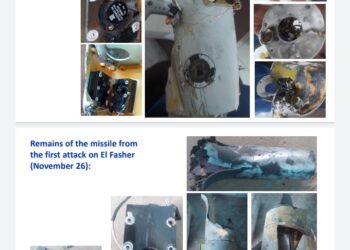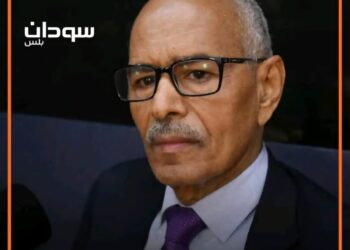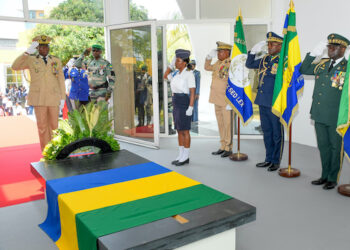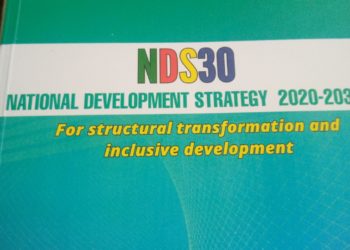In a week marked by significant diplomatic engagements and ongoing military confrontations, Sudan’s Sovereignty Council has been active in addressing both internal and external challenges recently. The council’s activities reflect a commitment to humanitarian efforts, security, and international cooperation amidst a backdrop of escalating violence from rebel militias.
Diplomatic Engagements
His Excellency General Abdel Fattah Al-Burhan, President of the Sovereignty Council and Commander-in-Chief of the Armed Forces, made a notable visit to South Sudan, where he participated in discussions aimed at enhancing bilateral relations. Key outcomes included the formation of a joint committee to facilitate the transportation of South Sudan’s oil through Sudanese territory and the agreement to transport humanitarian aid to South Kordofan State via Juba International Airport.
Additionally, General Al-Burhan addressed the virtual “Global Call for the Future Summit,” emphasizing Sudan’s commitment to sustainable development and international peace. He expressed gratitude for the United States’ support for humanitarian efforts and called for accountability regarding the atrocities committed by the Rapid Support Forces (RSF) militia.
Humanitarian Efforts
The Sudanese government has reiterated its commitment to humanitarian activities, facilitating the movement of aid workers and the distribution of essential supplies to regions affected by conflict and natural disasters. During this period, the Humanitarian Aid Commission issued numerous visas and movement permits to aid organizations, enabling the transport of nearly 3,000 tons of food supplies and medical aid to various states.
Military Operations and Security Challenges
While diplomatic efforts continue, the situation on the ground remains precarious. The Sudanese Armed Forces have intensified operations against rebel militia groups, resulting in significant casualties among the rebels and the destruction of their combat vehicles. However, the RSF has escalated its attacks, targeting health and educational facilities, and committing acts of violence against civilians.
Reports indicate that the RSF has been involved in looting, drug trafficking, and other criminal activities, further complicating the humanitarian landscape. The international community has been urged to take a stand against these violations and hold accountable those who support such militias.
Economic Developments
In addition to security and humanitarian efforts, the Sudanese government is focusing on economic recovery. The Ministry of Finance has engaged with UNICEF to enhance cooperation in health and education sectors, while agricultural initiatives are underway to support food security. The government has also facilitated the resumption of Ethiopian flights to Port Sudan Airport, signaling a step towards economic normalization.
The Expectations
As Sudan navigates a complex landscape of conflict, humanitarian needs, and diplomatic relations, the Sovereignty Council’s actions reflect a multifaceted approach to governance. The coming weeks will be critical in determining the trajectory of peace and stability in the region, as both internal and external stakeholders continue to engage in efforts to address the ongoing crisis. The international community’s response will be pivotal in shaping the future of Sudan amidst these challenges.
Interview
“Sudanese army is highly professional and currently holds the upper hand over the RSF”
Dr Erik Achille Oumar Nko’o,political Analyst reacts on General Burhan’s Diplomatic Visit to South Sudan
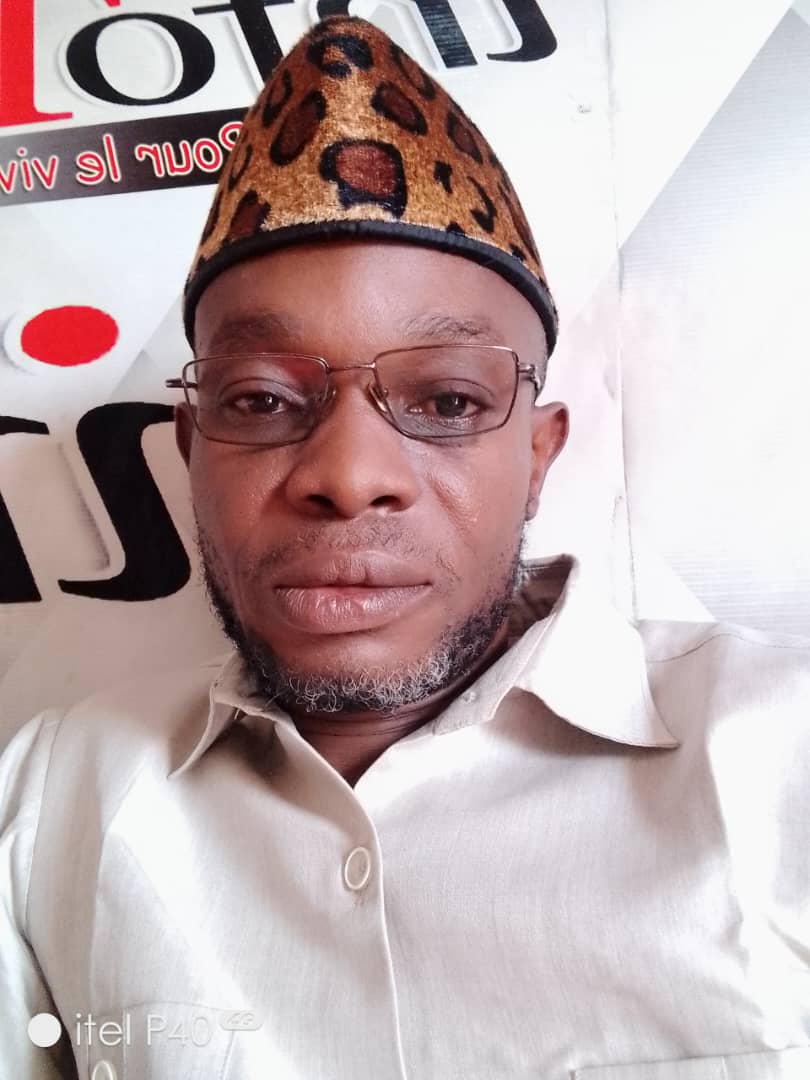
General Burhan recently engaged in diplomatic efforts by visiting South Sudan. As a political analyst, what interpretation can you provide regarding this visit?
This visit marks the second by General Abdel Fattah al-Burhan since clashes erupted between the Sudanese army and the Rapid Support Forces (RSF) paramilitary group in April. The visit is highly symbolic and serves as evidence that Sudan’s military leader, al-Burhan, is committed to restoring peace in Sudan. Furthermore, strengthening cooperation with neighboring South Sudan can facilitate the sharing of experiences and collaborative efforts on issues of mutual interest, ultimately fostering peace and stability in the sub region. For instance, discussions included the implementation of the peace agreement and the challenges related to the main pipeline transporting oil from South Sudan through Sudan for export, which has faced disruptions since the onset of the conflict.
It is also worth noting that since the beginning of the Sudanese crisis, South Sudan has maintained regular communication with both parties in an effort to mediate the fighting between the Sudanese government forces under General al-Burhan and General Mohamed Hamdan Dagalo, the commander of the RSF. In this context, Salva Kiir could serve as a valuable ally for the Sudanese military leader.
Do you think this visit will yield any positive results?
Yes, I believe that General al-Burhan’s visit will be fruitful. A sincere and meaningful dialogue, along with cooperation between the two nations, can help undermine the various rebel groups operating along the border of both countries.
It has been more than three years since the ongoing conflict began. Has the current leadership failed to ensure the return of peace and stability?
Frankly speaking, the Sudanese army is highly professional and currently holds the upper hand over the RSF. Recent developments indicate that the army has successfully undermined the paramilitary forces and regained control of certain areas previously held by the rebels. The Sudanese Armed Forces (SAF) have been achieving successive victories and now control key crossings and bridges in the national capital. They have established ground control and fortified defenses in preparation for advancing deeper into RSF-held territories. This operation demonstrates the SAF’s capability to conduct a large-scale ground offensive under unified command and control. The SAF has seized the initiative, dictating the timing and location of operations, and has shifted to an offensive posture after wearing down the enemy.
Given these circumstances, it is reasonable to assert that, regardless of the time it may take, the SAF will ultimately defeat the RSF. However, it is crucial to organize an inclusive dialogue to integrate all conflicting groups into the peace-building process.
What efforts have been made so far?
Since the onset of the conflict, more than 14,000 people have lost their lives, and tens of thousands more have been injured. Such a crisis warrants the attention of the international community. All nations must unite to assist the Sudanese people in their quest for peace. Beyond military responses, General al-Burhan’s recent visit to South Sudan reflects a genuine desire to end this bloody conflict, which has devastated countless innocent lives

